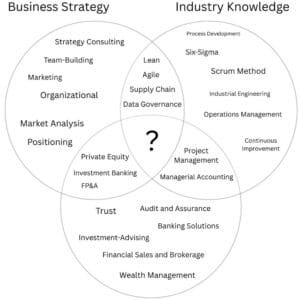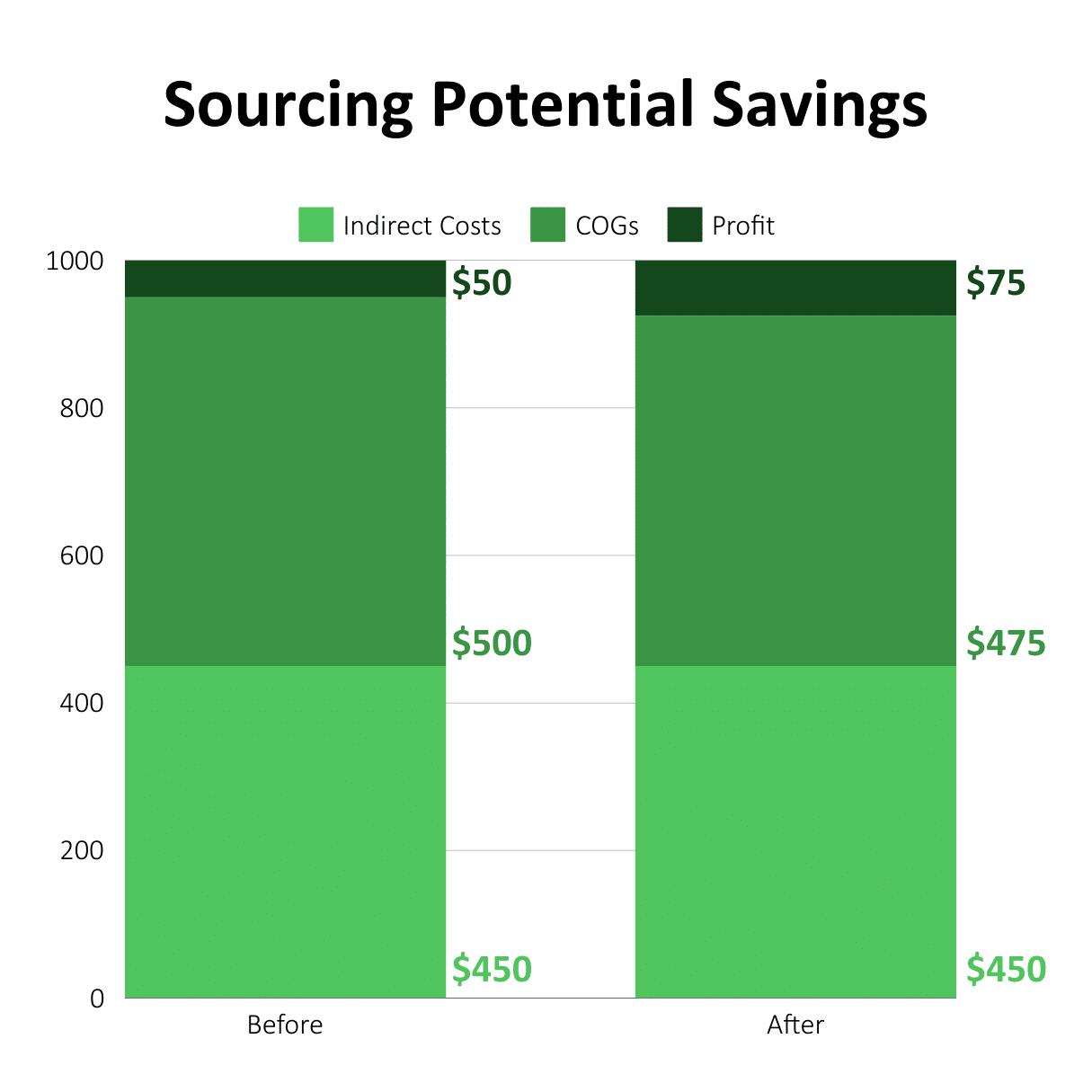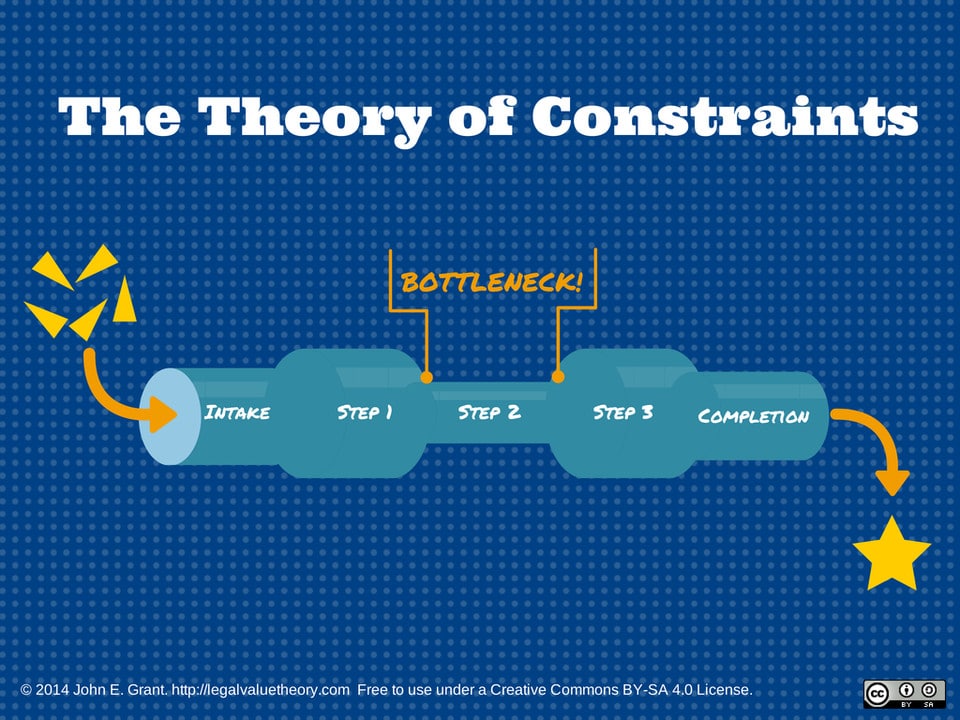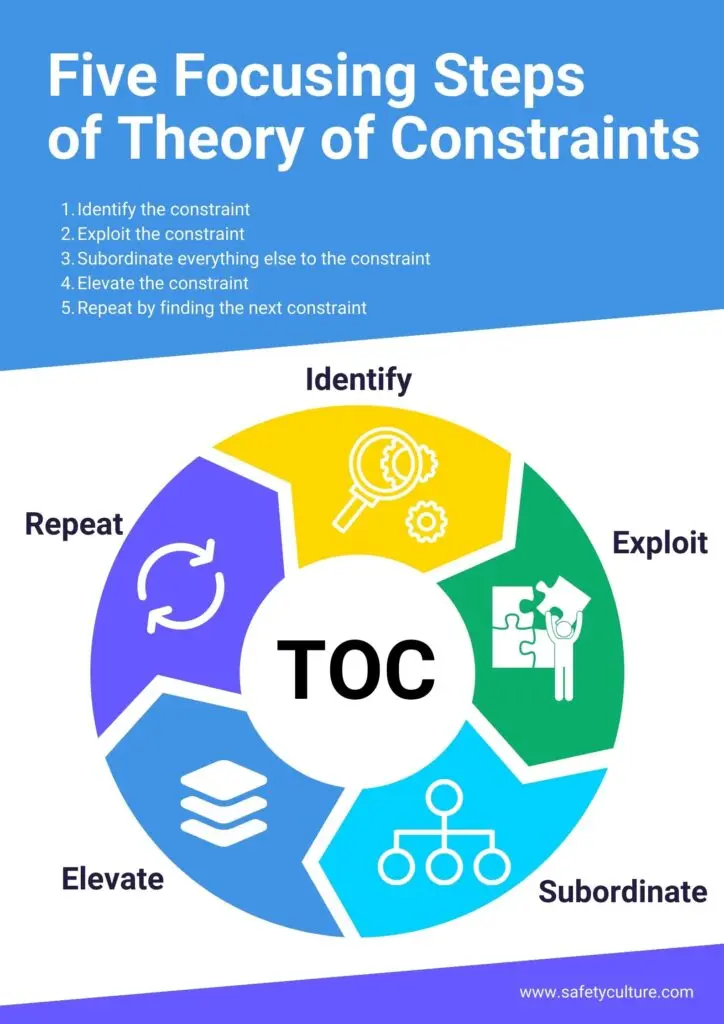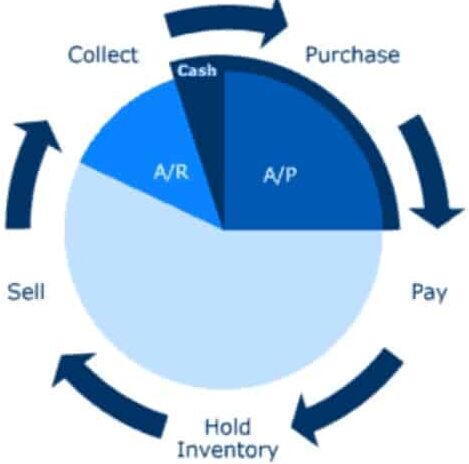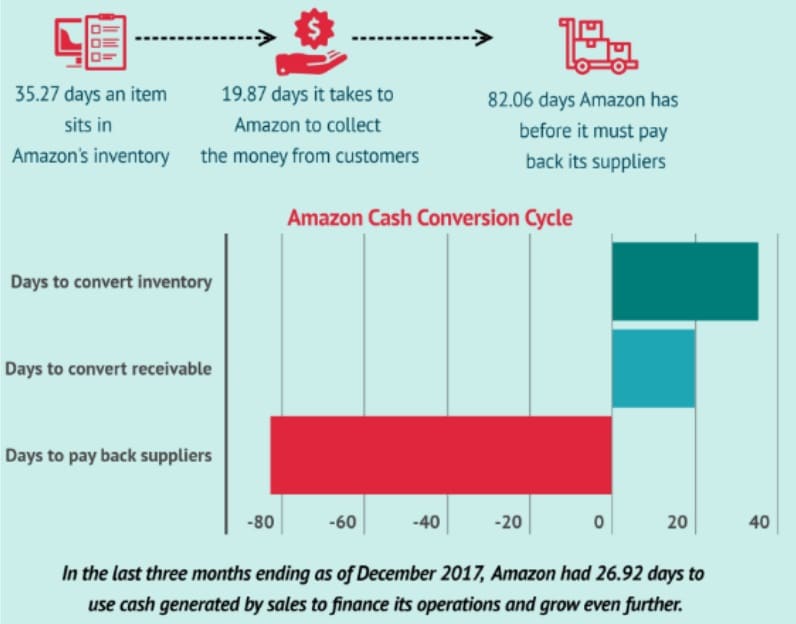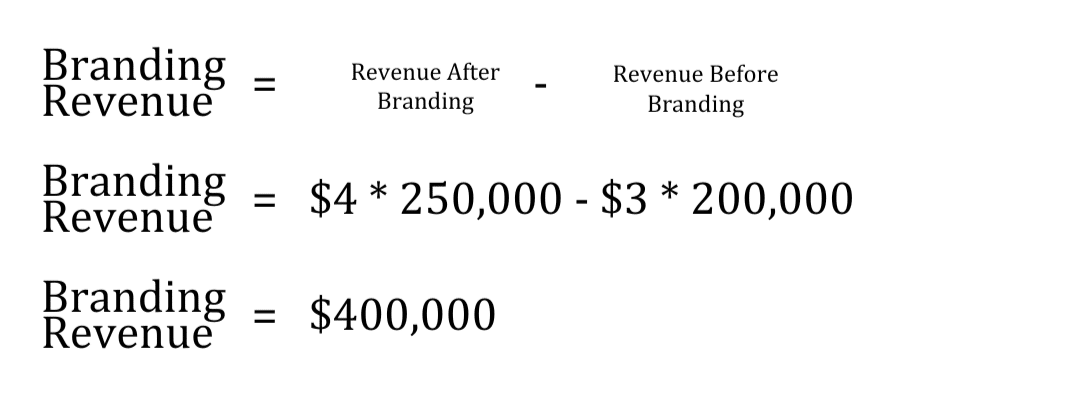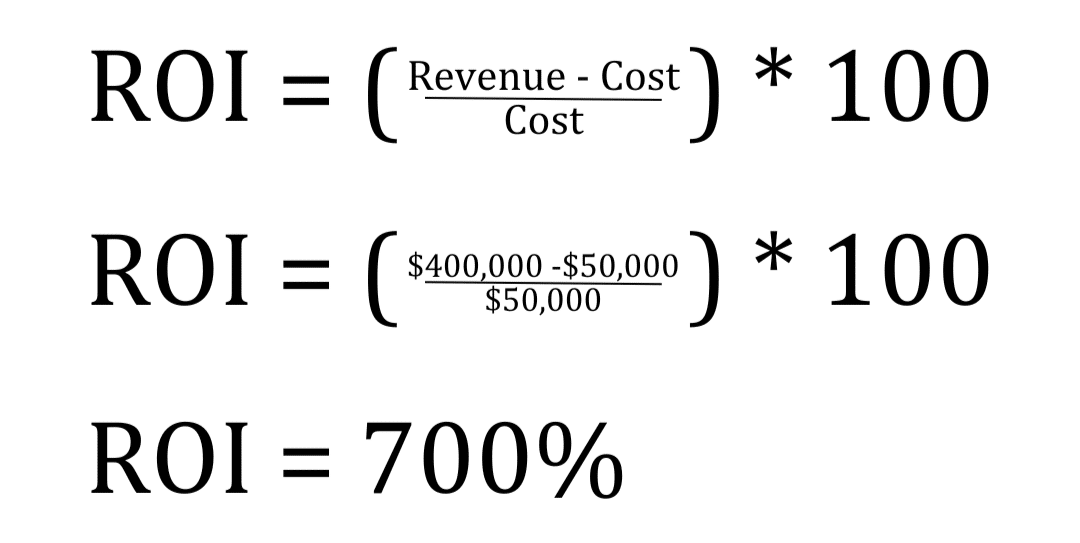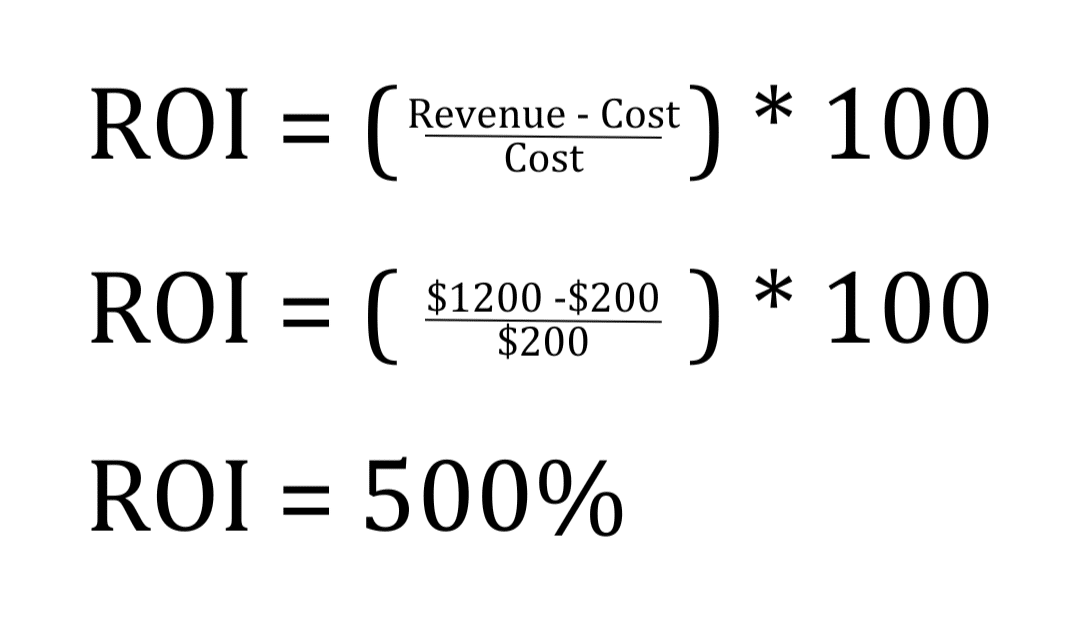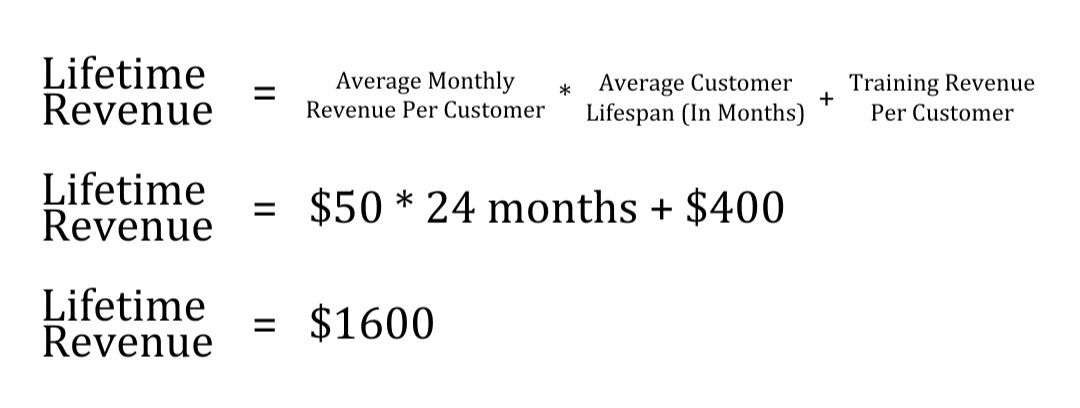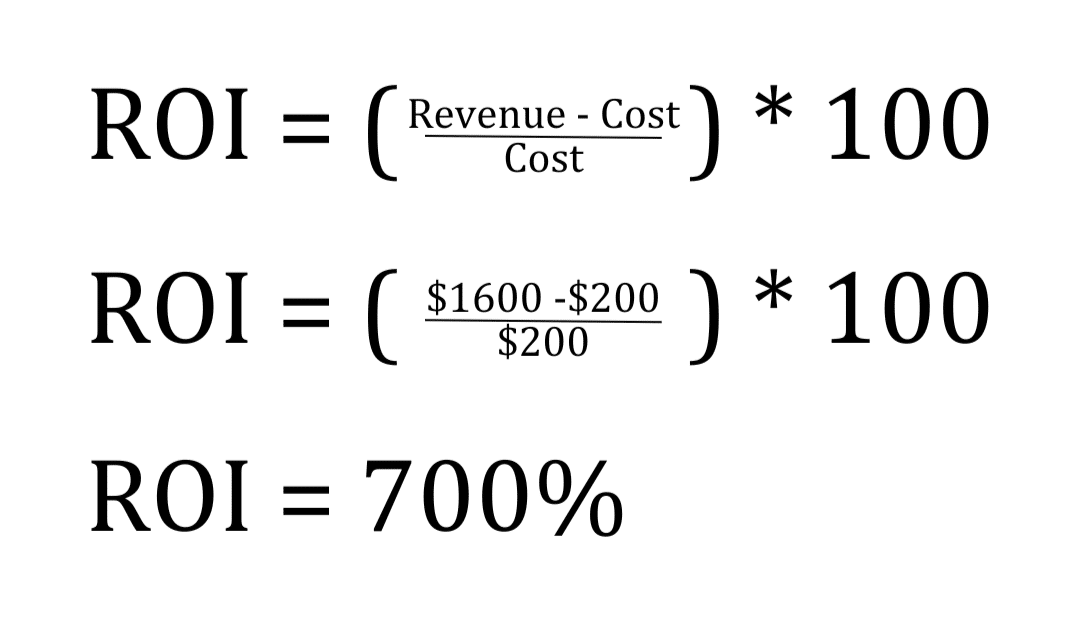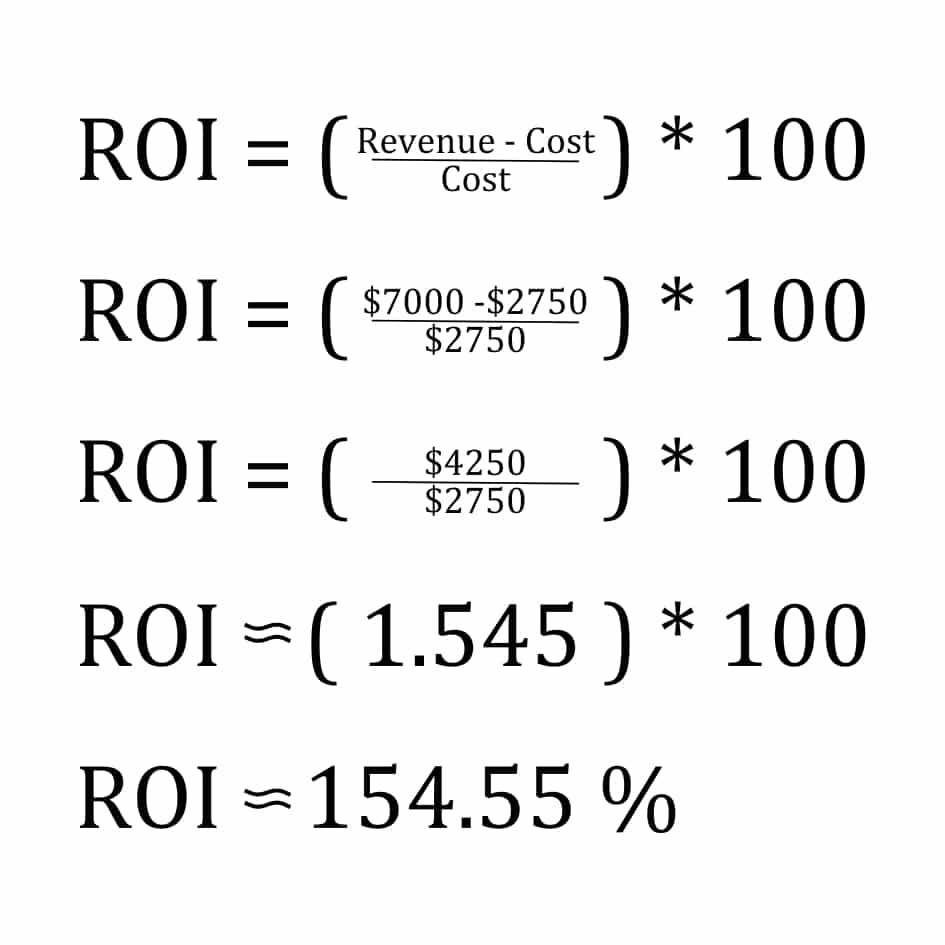Your legacy, Your Way
By Andrew Pfeiffer – Client Services Project Director
Most business owners believe they must sacrifice personal time and freedom today to secure their company’s future. They carry the weight of the business on their shoulders, convinced that stepping back means losing control.
But succession does not require sacrifice. It does require structure, systems, and trust.
As Michael E. Gerber states in The E-Myth Revisited, “If your business depends on you, you don’t own a business—you have a job. And it’s the worst job in the world because you’re working for a lunatic!”
Over the next decade, nearly 12 million privately owned businesses will change hands as baby boomers retire. Yet fewer than one in three small business owners have a documented succession plan. That gap is already creating turmoil for families and employees across the country.
Succession is not about stepping away from your business. It is about ensuring that what you built can stand on its own without you.
The Fear of Letting Go
For many owners, the fear of letting go is rooted in their sense of identity as business owners. The business is not just what they do; it is who they are. Every decision, problem, and solution runs through them. That level of control feels safe, but it limits both growth and personal freedom.
Letting go is not losing control. It is building confidence in people and processes that allow you to lead differently.
Start small. Delegate one recurring decision this week and allow someone else to own the outcome. You will begin to see that trust, once built, becomes a form of leadership rather than a loss of it.
your Business is a Legacy Vehicle
A business is more than a paycheck. It is a legacy. It reflects your values, your leadership, and your life’s work. But a legacy without structure is fragile. To endure, your business must operate with consistency and clarity long after you step away.
At Cogent Analytics, we see this every day. Owners often intend to pass the business down or sell to a key employee, but never document the “how”. Without structure and leadership development, that vision rarely becomes reality. Businesses that plan early thrive through transition. Those who don’t often leave successors scrambling.
“A business that depends on one person is a job, not a legacy.”
The 5 E’s of Succession Without Sacrifice
1. Experience: Aligning Culture and Continuity
Your experience built the business. The experiences of your employees and customers will determine whether it lasts. Aligning those perspectives ensures that what you created continues with consistency and care.
When culture, quality, and service are systemized, they no longer depend on one person to survive. Ask your team how they describe the business, and compare their answers to yours. Where they align, you have a foundation to preserve. Where they differ, you have work to do before you step back.
Key Takeaway: Shared experience creates a consistent culture. Document what defines yours.
2. Expectations: Creating Clarity and Leadership Paths
Succession succeeds on clarity. Everyone must understand who will lead, when transitions occur, and how to maintain accountability. Confusion and assumption are the biggest threats to continuity.
Define roles and responsibilities early. Please review and adjust them together as your business evolves. The goal is not replacement. It is preparation. When expectations are clear, leadership grows naturally.
Key Takeaway: Clarity today prevents conflict tomorrow.
3. Execution: Building Systems That Run Without You
When the owner is not around, the true strength of a business often comes to light. If results depend on your presence, the system is not yet strong enough to sustain itself.
Document processes that drive daily operations and major decisions. Replace personal oversight with accountability. As execution becomes predictable, your freedom grows alongside your business’s stability.
Key Takeaway: Systemize success before you step back.
4. Education: Teaching More Than the Job
Passing down a business isn’t just transferring a title. It’s teaching the basics of business, financial principles; financial, operational, and cultural fundamentals drive success. Future leaders need to understand the “why” behind decisions so they can lead with wisdom, not just direction.
Hold regular meetings where you explain the reasoning behind key choices. Share your lessons and principles so your experience becomes their foundation.
Key Takeaway: Teach the why, not just the how.
5. Empowerment: Trusting Others to Lead
Empowerment is where proper succession begins. It happens when you trust others to lead before you step away. Giving authority, not just responsibility, builds confidence and accountability in the next generation.
Let your future leaders make real decisions. Stand beside them, not above them. Empowerment is not an exit strategy. It is how legacy takes root.
Key Takeaway: Freedom grows when ownership is shared.
Connection to quality of life
You do not have to wait for retirement to enjoy the life you have built. When your business runs on systems and leadership rather than on dependence, you gain time, energy, and peace of mind.
Succession planning is not about leaving the business. It is about creating freedom within it. That is what allows you to live your why now, not someday.
Closing Thoughts: Begin Planning for succession today
Proper succession happens when your business thrives without you and you have the freedom to live your why.
It is not about stepping away; it is about stepping forward into a new season that creates continuity, preserves legacy, and restores balance to your life.
Succession without sacrifice is possible. The best time to start is before you think you need to.

